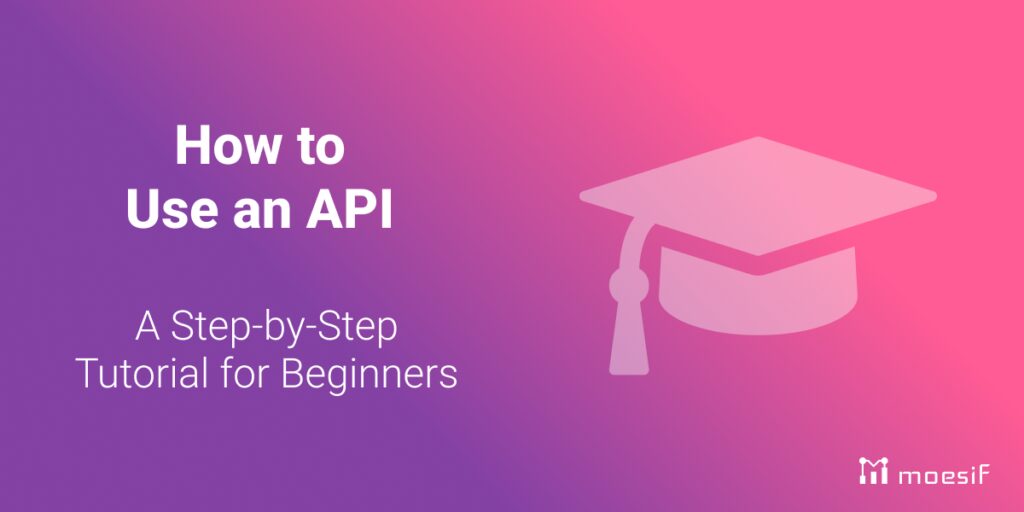Python is a popular high-level programming language that is ideal for beginners and experienced programmers. This step-by-step tutorial covers the basics of Python, including setting up a development environment, learning syntax, variables, data types, operators, control flow statements, functions, modules, object-oriented programming, and working with data. Understanding these fundamental concepts is essential for mastering Python. By following this tutorial, beginners can establish a strong foundation in Python programming and progress to more advanced topics. Python’s simplicity and versatility make it an excellent choice for aspiring programmers looking to start their coding journey.
Mastering Python: A Step-By-Step Tutorial for Beginners
Introduction
Python is a high-level, versatile programming language that is popular among beginner and experienced programmers alike. In this step-by-step tutorial, we will explore the basics of Python and provide a comprehensive guide for beginners to master the language.
Getting Started with Python
Before diving into Python programming, it is essential to set up your development environment. You can install Python on your computer by downloading the latest version from the official Python website. Additionally, you may choose to use an Integrated Development Environment (IDE) such as PyCharm or Jupyter Notebook for coding in Python.
Python Syntax
Python has a clean and easy-to-read syntax that makes it an ideal language for beginners to learn. The basic building blocks of Python include variables, data types, operators, and control flow statements. Understanding these fundamental concepts is crucial for mastering Python programming.
Variables and Data Types
In Python, variables are used to store data values that can be of different types such as integers, floats, strings, lists, tuples, and dictionaries. It is important to understand how to declare and assign values to variables in Python.
Operators
Python supports a variety of operators including arithmetic, comparison, logical, and assignment operators. These operators are used to perform mathematical calculations, compare values, and assign values to variables.
Control Flow Statements
Control flow statements such as if-else, for loops, and while loops allow you to control the flow of your program based on certain conditions. These statements are essential for implementing conditional logic and iterating over data structures in Python.
Functions and Modules
Functions are reusable blocks of code that perform specific tasks in a program. In Python, you can define your own functions using the def keyword and call them to execute the code inside the function. Additionally, Python provides a rich library of modules that contain pre-defined functions and classes for various purposes.
Object-Oriented Programming in Python
Python is an object-oriented programming language that allows you to create classes and objects to represent real-world entities in your code. Understanding the concepts of classes, objects, inheritance, and polymorphism is essential for mastering object-oriented programming in Python.
Working with Data in Python
Python provides powerful libraries such as Pandas and NumPy for working with data sets and performing data analysis. These libraries offer functions for reading and writing data, manipulating arrays and data frames, and visualizing data using graphs and charts.
Conclusion
Mastering Python requires practice, dedication, and a willingness to learn new concepts. By following this step-by-step tutorial for beginners, you can build a solid foundation in Python programming and progress to more advanced topics in the language. With its simplicity and versatility, Python is an excellent choice for aspiring programmers to start their coding journey.
